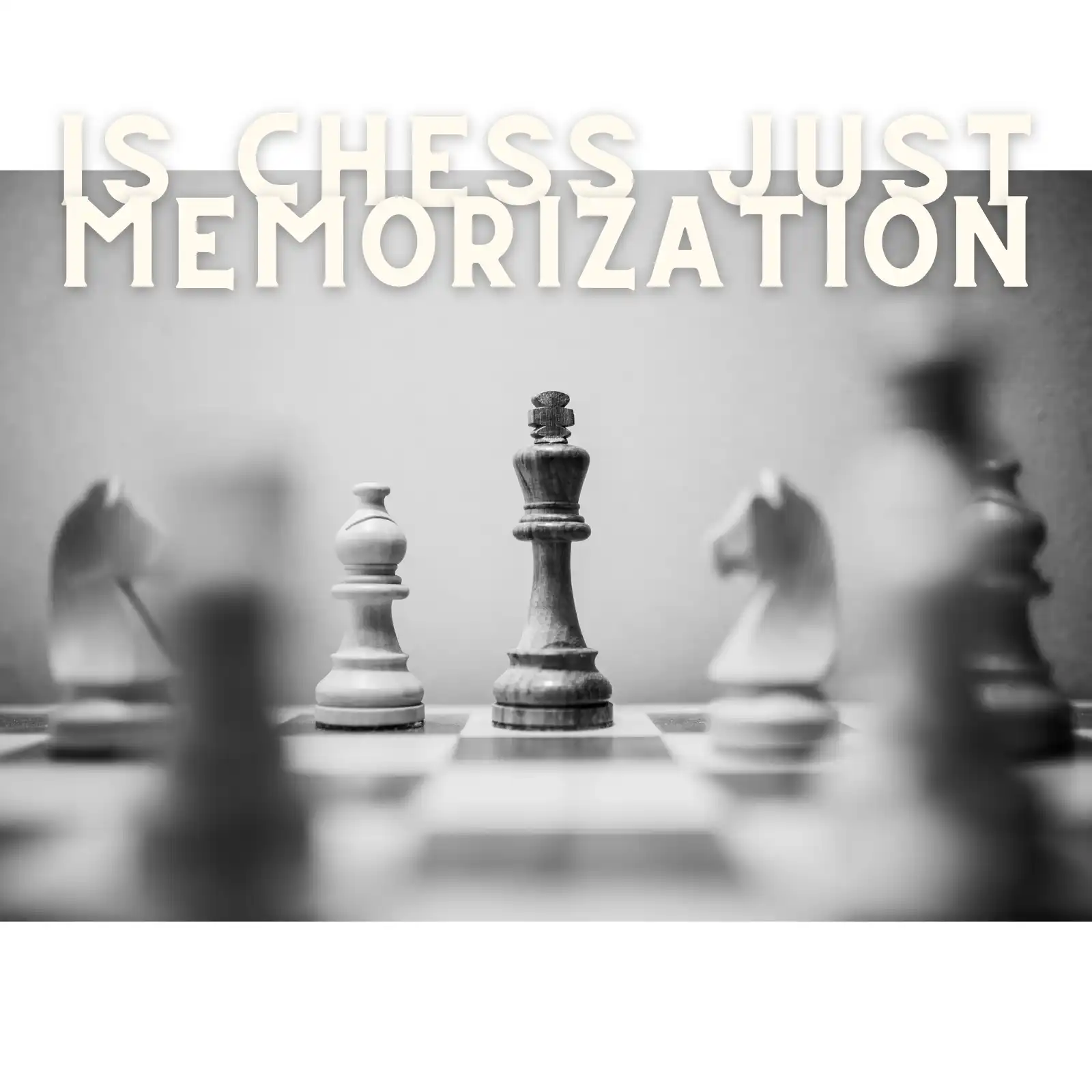
Is Chess Just Memorization
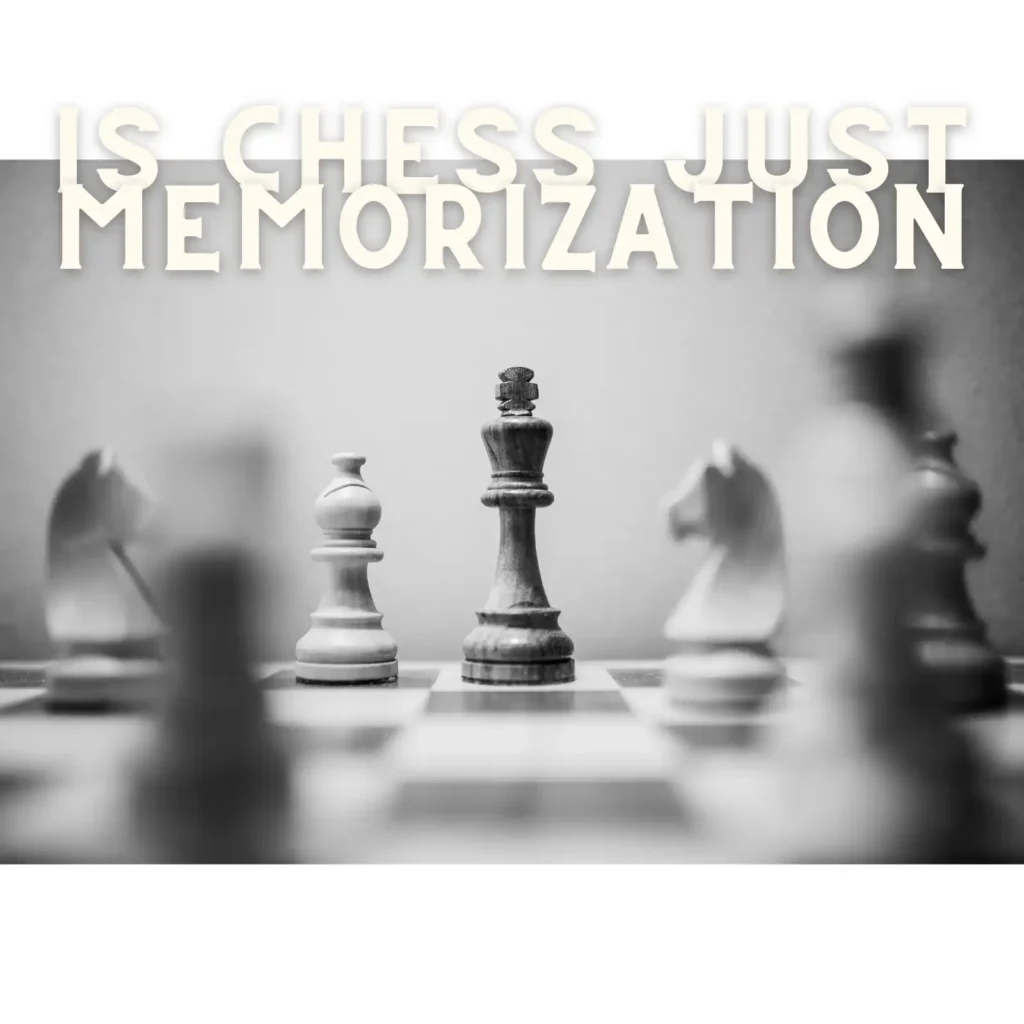
Is Chess Just Memorization
Chess is a complex board game that requires a combination of strategy, tactics, and analysis to play well. While memorization can certainly be a part of a chess player’s skill set, it is by no means the only factor that determines a player’s strength or success in the game.
It is important to understand that chess is a game of limited information. Players do not have access to the entire board at once, and must rely on their own observations and analysis to make informed decisions. This means that simply memorizing a series of moves or openings is not sufficient to win at chess.
Since chess is a dynamic game, with each move affecting the position and changing the possibilities for future moves. This means that even if a player has memorized a series of moves for a particular opening or endgame, they must still be able to adapt to the changing circumstances of the game and make decisions based on the specific position on the board.
I also want to note that chess has an extremely rich history, with thousands of different openings, variations, and strategies that have been developed over the centuries. It would be impossible for any one person to memorize all of these possibilities, and even if they were able to do so, it would not necessarily make them a better player.
Where I’m getting at is that while memorization can certainly be a helpful tool for chess players, it is by no means the only factor that determines success in the game. In fact, many of the best chess players in the world are known for their ability to analyze positions deeply and come up with creative and original ideas, rather than simply relying on memorization.
While memorization can certainly be a part of a player’s toolkit, it is just one aspect of the game and should be combined with other skills such as analysis, strategy, and tactics in order to truly excel at chess.
Below I’m going to try to cover some of the reasons of why I think memorizing moves or openings can make you lose the game rather than win it.
Memorizing Chess Openings

Chess Opening Memorization
Memorizing chess openings can be a helpful tool for chess players because it allows them to familiarize themselves with common patterns and ideas that arise in certain openings. This can provide a solid foundation for their subsequent play and help them feel more confident and prepared when they sit down to play a game. However once you have a solid foundation and understand the game is this how you truly want to continue?
Before I answer that question I want to say that there are many different chess openings, and each one has its own set of characteristics, plans, and ideas. By memorizing the key ideas and typical sequences of moves for a particular opening, a player can better understand the plans and strategies that are typically associated with that opening, and be better prepared to respond to their opponent’s moves.
This about the following case let’s say a player is planning to play the Sicilian Defense as Black. By memorizing the key ideas and typical sequences of moves for this opening, they will be better prepared to respond to White’s moves and make informed decisions about how to develop their pieces and control key squares on the board.
Where I’m getting at is that even if you are memorizing openings this is just one aspect of chess, and it is not sufficient on its own to win games. Overtime you are going to realize that you need to do more than just that and your end goal should be to start being more of a responsive player rather than a parrot that has memorized a bunch of moves and openings. Use the openings to your advantage, learn of them and even apply them when the situation calls but never have them as your main plan of attack, or defense.
Can You Lose By Using A Memorized Chess Move List
Yes, it is possible for you to lose by using a memorized chess move list. I already started mentioning some of the core reasons of why this can happen to you but I’m going to give you a more elaborate list below of why this is the case.
- The opponent has a better response. Even if a player has memorized a list of moves for a particular opening or variation, their opponent may have a better response or counter-strategy that takes advantage of the weaknesses in their position. In this case, simply following a memorized move list may not be enough to win the game.
- Your board positioning has changed. Chess is a dynamic game, and the position on the board can change significantly from move to move. This means that even if a player has memorized a series of moves for a particular opening or endgame, they may need to adapt to the changing circumstances of the game and make decisions based on the specific position on the board.
- Memorizing moves sometimes prevents you from thinking critically, which in my opinion is the core reason of why you can lose a game. In order to be a successful chess player, it is important to be able to analyze positions and make informed decisions based on the specific position on the board. If you simply following a memorized move list without considering the position on the board, they may make mistakes or overlook opportunities for their opponent to gain an advantage.
Why Chess Memorization Is Bad
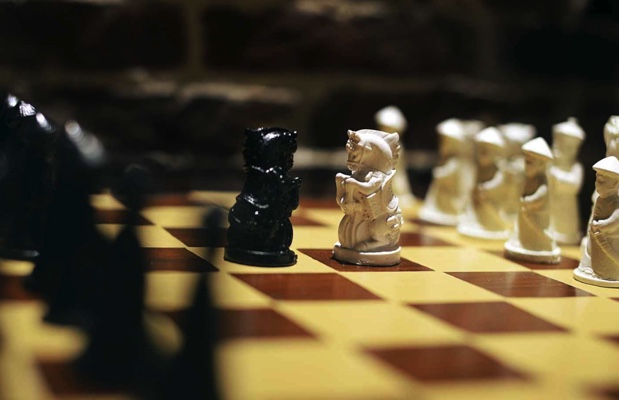
Why Chess Memorization Is Bad
Besides losing the game there’s other reasons why chess is not memorization. I’m going to give you a very high level thought of why I think you shouldn’t spend your time doing it.
- It can be time-consuming. Memorizing chess openings can take a lot of time and effort, especially for players who are just starting out and are unfamiliar with the many different openings that exist. This time and effort could be better spent on other areas of chess study, such as tactics, strategy, and endgames.
- It may not be necessary for your skill level. Depending on your goals and style of play, memorizing chess openings may not be necessary or even beneficial. Some of you may prefer to focus on other areas of the game, such as strategy and tactics, and may find that memorizing openings takes away from this focus.
- It can be stressful. The pressure to remember a long list of moves can be stressful and may negatively impact their performance. This stress can be especially acute in tournament situations where players are under time pressure and may feel pressure to follow their memorized lines exactly.
- It will handicap you from learning new things. While memorization can be a useful tool, it may not be the most effective way for everyone to learn and understand chess. You may find it more beneficial to analyze positions and understand the underlying ideas and plans associated with different openings, rather than simply memorizing a series of moves.
- It may not be sustainable in the long term. Memorizing chess openings can be a challenging task, and it may not be something that all players are able to sustain over the long term. If you rely heavily on memorization may find that their ability to remember specific lines decreases over time, which can lead to difficulties in their games.
- I said this earlier briefly but I’m going to say it again, it really lacks creativity and at the best case it will handicap it. If you rely heavily on memorization may find that they are less able to come up with creative or original ideas in their games. This can make their play more predictable and easier for their opponents to counter.
- It may not be transferable to other openings. While memorizing specific openings can be helpful in certain situations, it may not be transferable to other openings or variations.
- It may not be flexible. You will be basically locking in your self in a set of pre-defined moves which locks you in a specific gameplay. After all chess is a game have fun with it, don’t try to limit your self.
- As I said above fun is a major factor of us playing. So your sense of gratification knowing that you won based on a set of predefined moves will not be there. I personally love winning a game when I deserve it, if you just want to win to win then go ahead by all means and use pre-made openings but for me chess is not about memorization!
Related
References
You may also like
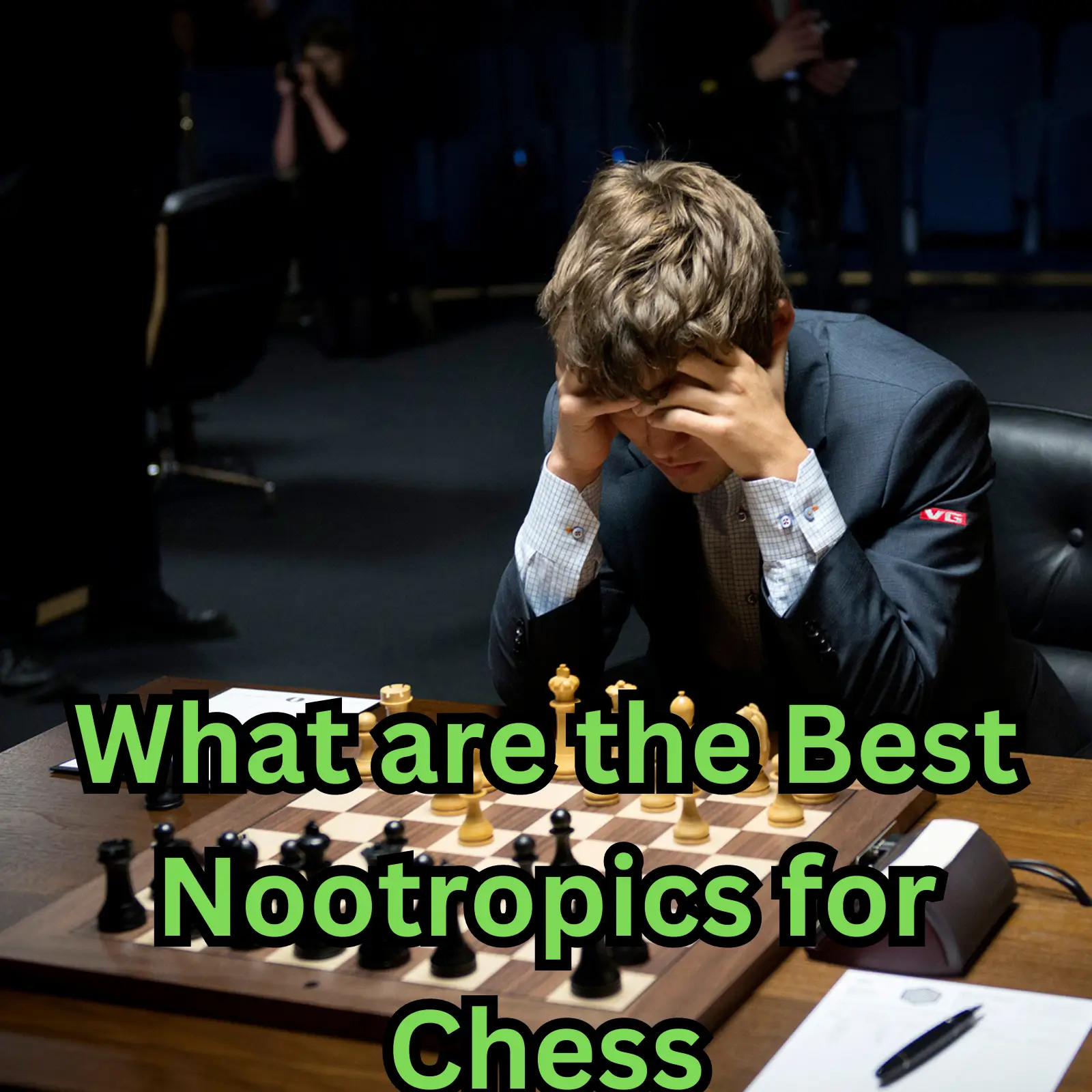
What are the Best Nootropics for Chess
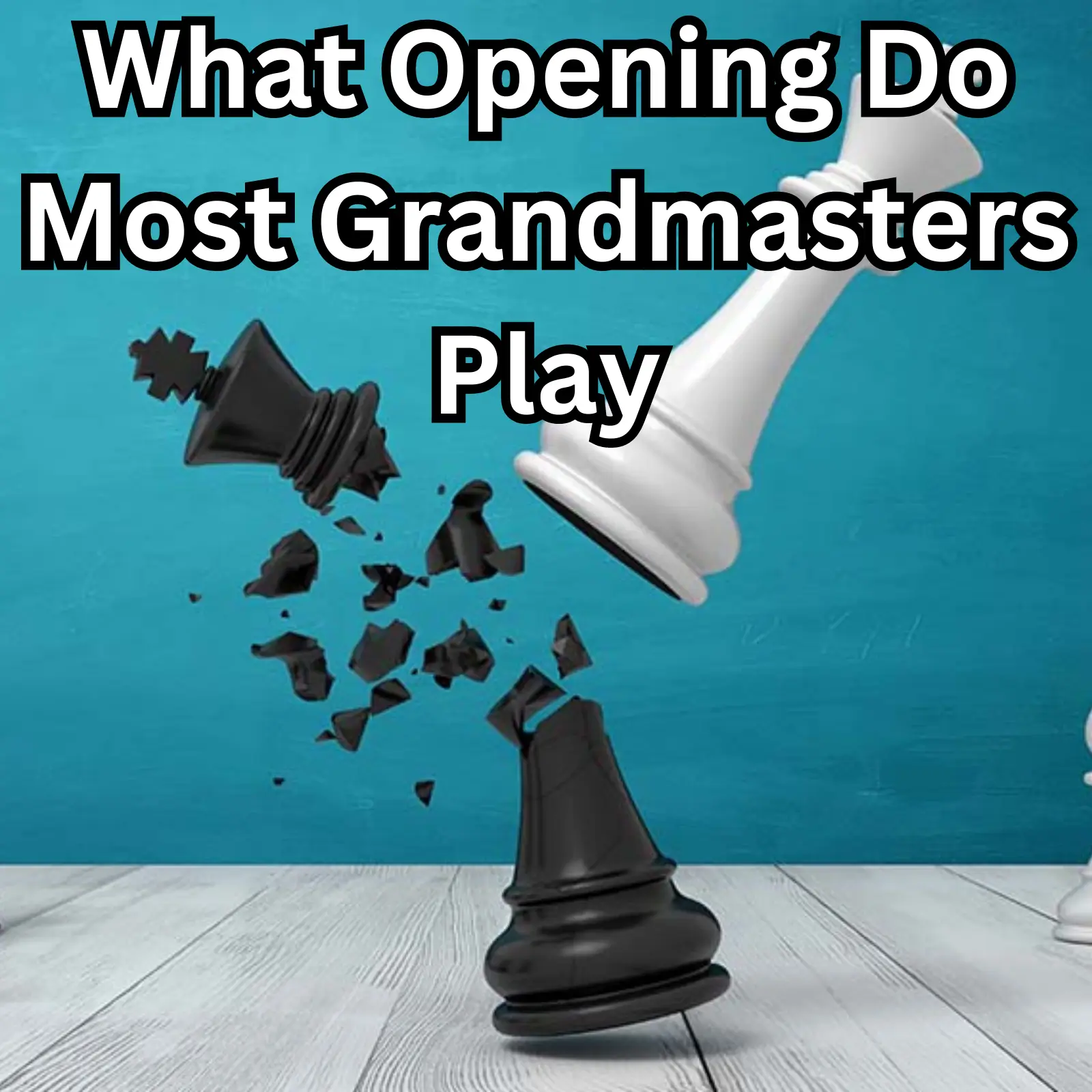
What Opening Do Most Grandmasters Play
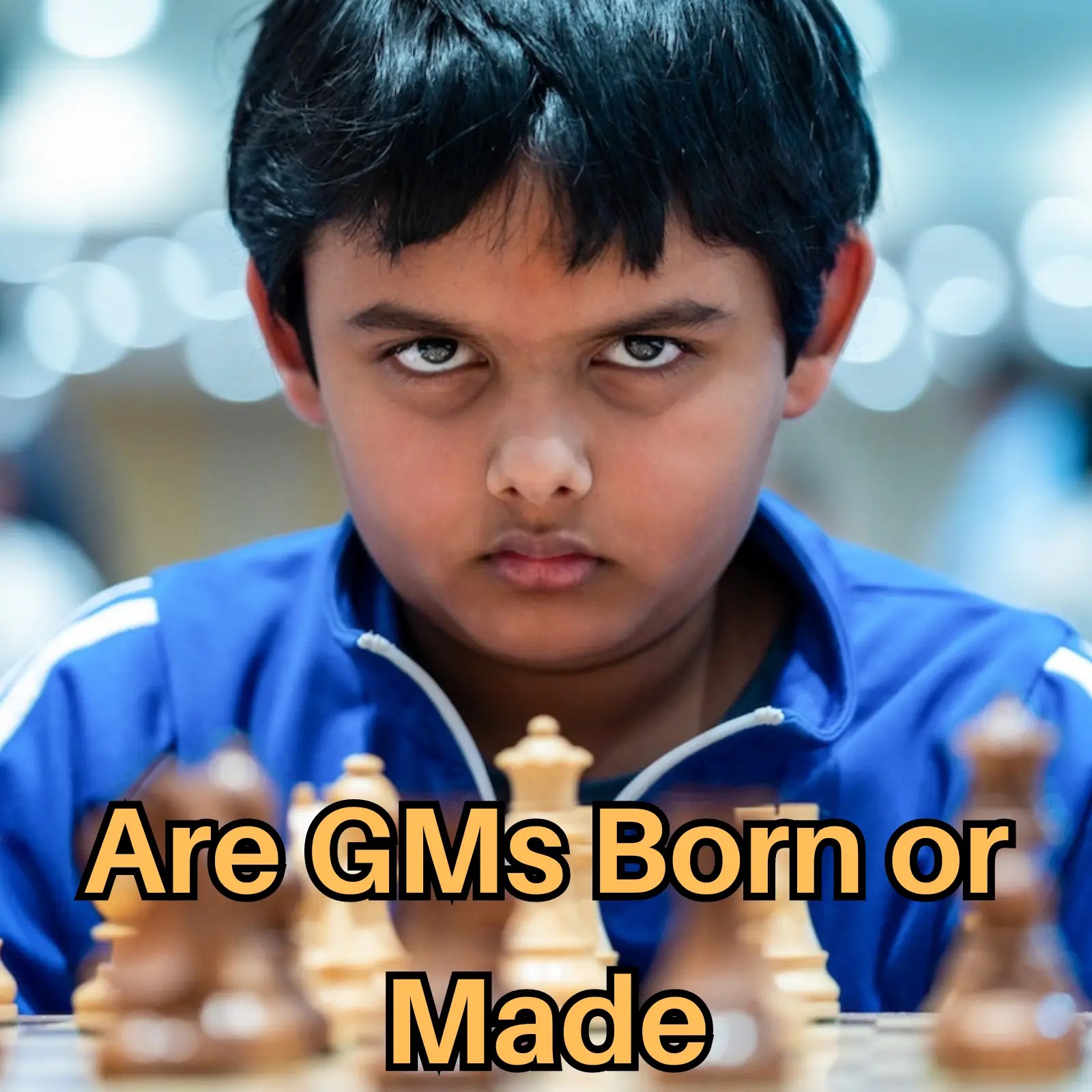
Are Grandmasters Born or Made
Archives
- February 2026
- January 2026
- December 2025
- November 2025
- October 2025
- September 2025
- August 2025
- July 2025
- June 2025
- May 2025
- April 2025
- March 2025
- February 2025
- January 2024
- October 2023
- September 2023
- August 2023
- July 2023
- June 2023
- May 2023
- April 2023
- March 2023
- February 2023
- January 2023
- December 2022
- November 2022
- October 2022
- September 2022
- August 2022
- June 2022
- May 2022
- April 2022
- March 2022
- January 2022
- December 2021
- November 2021
- October 2021
- August 2021
- November 2020
- July 2020
- May 2020
- April 2020
- March 2020
- August 2018
- July 2018
- June 2018
- April 2018
- March 2018
Categories
- Aftercare Procedures
- Age Groups
- AI/ML
- Alternative Medicine
- Ambient Computing
- Animal Health
- Animal Husbandry
- Animals
- Anti-Aging
- Architectural Design
- Art And Technology
- Auditory Science
- Augmented Reality
- Automation
- Babies
- Baby
- Beauty & Skincare
- Beauty Industry
- Biohacking
- Biomechanics
- Book Reviews
- Breastfeeding
- Budgeting
- Budgeting Strategies
- Business
- Cardiovascular Health
- Career Advice
- Career Development
- Career Growth
- Cats
- Chess
- Chronobeauty
- Circular Economy
- Civic Technology
- Cleaning Tips
- Cloud Computing
- Cognitive Health
- Cognitive Performance
- Cognitive Science
- Community
- Community Building
- Community Engagement
- Community Living
- Computer Vision
- Consumer Guides
- Consumer Trends
- Container Gardening
- Content Analysis
- Content Non-Technical
- Content Strategy
- Cooking Techniques
- Cosmetic Chemistry
- Cultural Events
- Cycling
- Data Analysis
- Data Engineering
- Data Science
- Database
- Design Psychology
- Design Trends
- Developer Productivity
- Diet
- Diet
- Diet And Nutrition
- Digital Identity
- Digital Media
- Digital Wellbeing
- DIY
- DIY Projects
- Dogs
- Engineering Culture
- Entertainment News
- Environmental Impact
- Environmental Science
- Equity Compensation
- Ethical AI
- Exercise
- Exercise Science
- Exercise Technique
- Exotic Pets
- Fall Gardening
- Family
- Family Health
- Family Life
- Fashion Business
- Fashion Industry
- Fashion News
- Fashion Tech
- Financial Analysis
- Financial Optimization
- Financial Planning
- Flooring Maintenance
- Food
- Food Psychology
- Food Safety
- Food Science
- Food Tech
- Functional Fitness
- Functional Training
- Future Of Work
- Garden Care
- Garden Maintenance
- Gardening Tips
- Geospatial Data
- Gig Economy
- Greece
- Greek
- Greek Food
- Green Technology
- Gymnastics
- Hardware Engineering
- Health
- Health And Wellness
- Health Informatics
- Health Science
- Health Tech
- Health Technology
- Healthcare
- Healthcare Management
- Healthy Eating
- Healthy Recipes
- Holistic Health
- Holistic Wellness
- Home & Living
- Home Decor
- Home Financing
- Home Health
- Home Improvement
- Home Maintenance
- Home Organization
- Home Styling
- Horticulture
- Household Chemistry
- Identity Management
- Indoor Gardening
- Industrial Design
- Industry Analysis
- Infant Nutrition
- Infrastructure Management
- Ingredient Deep Dive
- Integrative Health
- Integrative Medicine
- Interior Design
- Internet of Things
- Internet of Things (IoT)
- Invalid Request
- Investment Strategies
- Investment Strategy
- IoT
- Kids
- Leadership Development
- Learning Strategies
- Lifestyle
- Lifestyle Brands
- Lifestyle News
- Lifestyle Optimization
- Literary Criticism
- Literature
- Logistics Management
- Material Science
- Materials Science
- Meal Planning
- Media Analysis
- Meditation
- Mental Health
- Mental Performance
- Mental Wellness
- Miami
- Miami Food
- Mind And Body
- Minimalism
- Mobile Development
- Neuroscience
- No Applicable Categories
- Nursing
- Nutrition
- Nutrition News
- Open Source
- Operating Systems
- Operational Resilience
- Opinion
- Organization Tips
- Outdoor Living
- Over 40
- Over 50
- Over 60
- Parenting
- Parenting
- Parenting Strategies
- Performance
- Performance Optimization
- Personal Development
- Personal Finance
- Personal Growth
- Personal Productivity
- Pet Care
- Pet Safety
- Philosophy
- Plant Care
- Politics
- Product Formulation
- Productivity
- Productivity Engineering
- Protein
- Psychology
- Psychology of Space
- Quantified Self
- Reading Culture
- Real Estate Investment
- Recipes
- Regulatory Compliance
- Remote Work
- Renovation Planning
- Resource Management
- Respiratory Health
- Responsible Pet Ownership
- Retail Strategy
- Retail Technology
- Robotics
- Science
- Seafood
- Seasonal Gardening
- Security
- Sedentary Health
- Self-Care
- Skincare Science
- Skincare Trends
- Sleep
- Sleep Health
- Smart Home
- Smoothies
- Social Impact
- Soft Skills
- Soil Health
- Spatial Computing
- Spatial Design
- Stress Management
- Supplements
- Sustainability
- Sustainability Science
- Sustainable Engineering
- Sustainable Fashion
- Systems Engineering
- Tax Optimization
- Tax Strategy
- Tech Investment
- Technical Writing
- Testing
- Travel
- Travel News
- Travel Safety
- Travel Tips
- Trend Analysis
- Tropical Plants
- Uncategorized
- Urban Gardening
- Urban Planning
- User Experience
- Veggie
- Vietnam
- Virtual Events
- Volunteering
- Wealth Management
- Wearable Technology
- Wellness
- Wellness Technology
- Winter Gardening
- Work-Life Balance
- Workplace Culture
- Workspace Setup
- World
- Writing
- Writing Skills
- Year In Review
- Yoga
- Yoga News
- Zero Waste

Leave a Reply